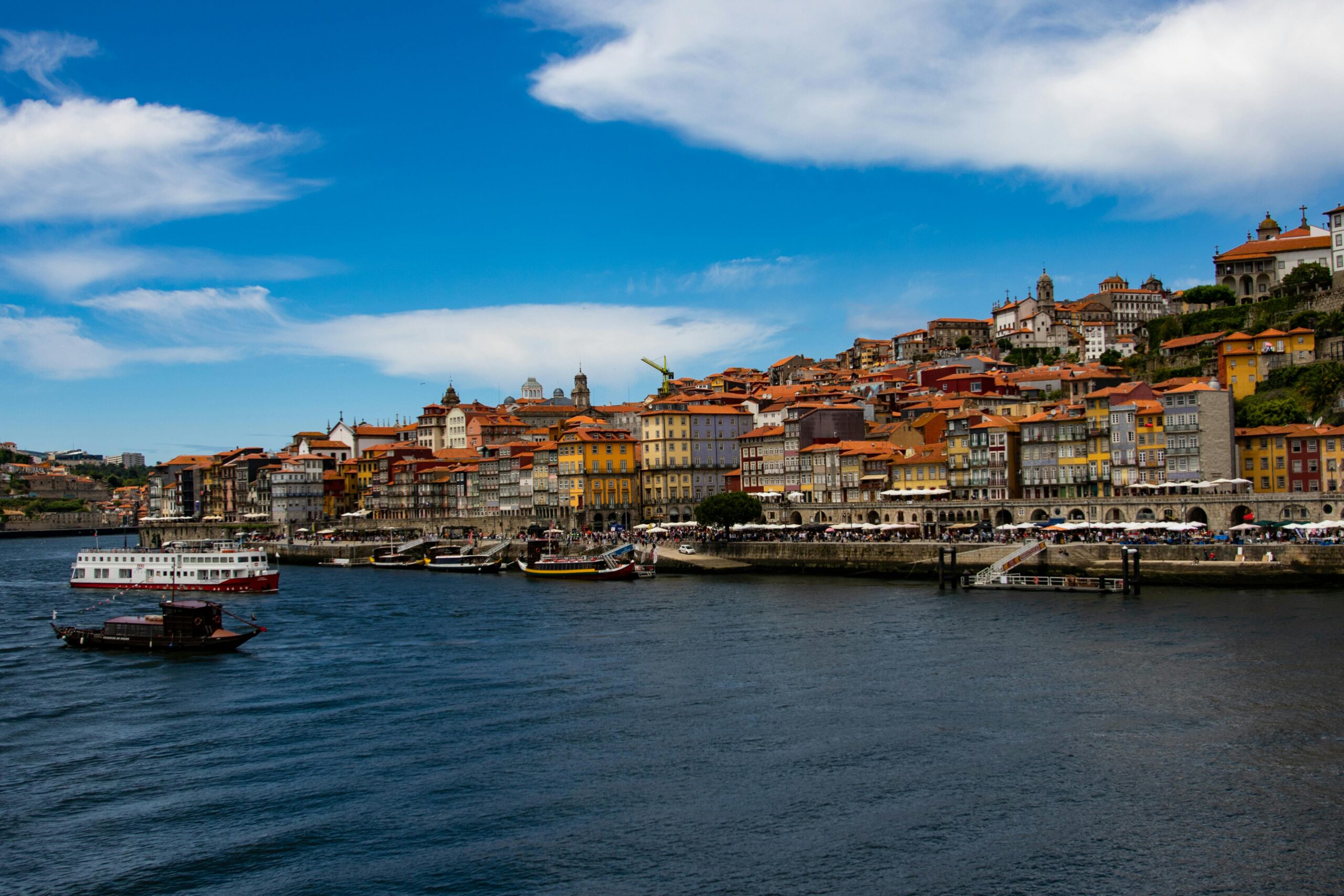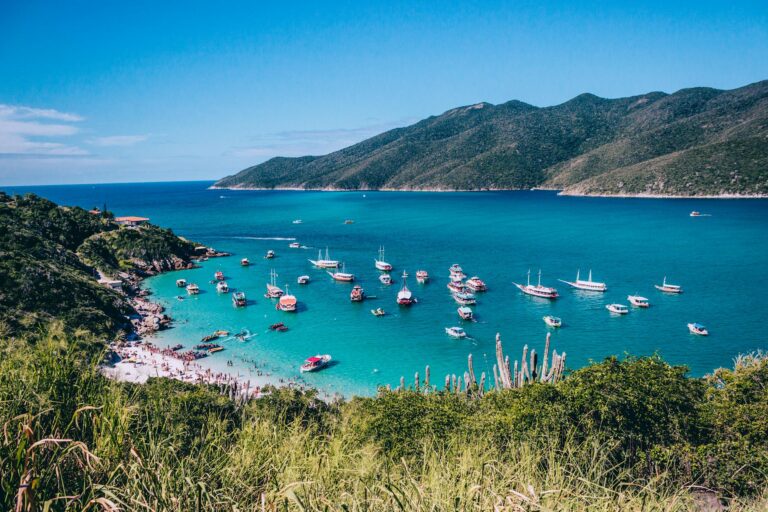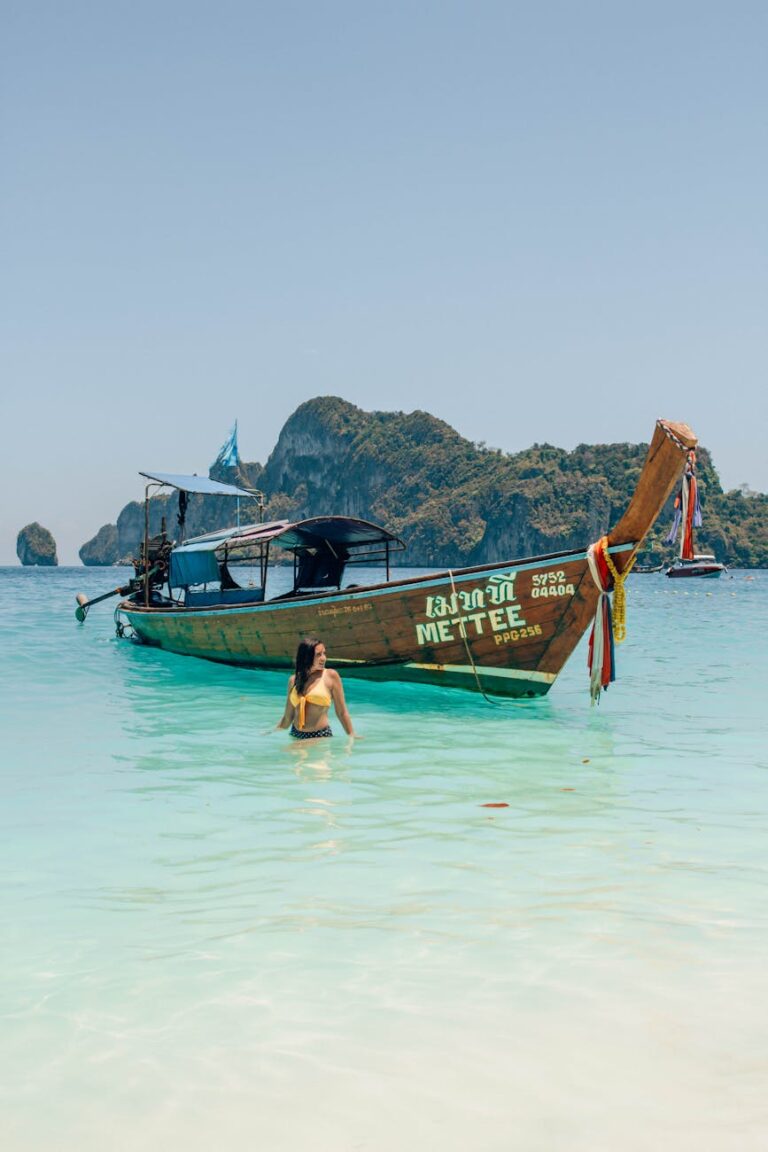Complete guide to visit Portugal
Portugal, a captivating country on the Iberian Peninsula, offers a rich tapestry of history, culture, and natural beauty. From the vibrant cities to the serene coastline and lush wine regions, it promises an unforgettable experience. This guide provides a comprehensive overview to help you plan your trip.
1. Destination Research & Itinerary Crafting Portugal boasts diverse regions: Lisbon (the vibrant capital), Porto (known for port wine and charming riverfront), the Algarve (stunning beaches), Alentejo (rolling plains, medieval towns, wine), Central Portugal (historic villages, mountains), and the Atlantic islands of Madeira and the Azores (volcanic landscapes, hiking). For a first-timer, a classic itinerary might include Lisbon, Sintra (day trip), and Porto with a potential detour to the Douro Valley. Allocate 2-3 days per major city. For 7-10 days, you can add a countryside stop like Coimbra or Evora. Two weeks allow for deeper exploration, potentially combining coast and culture or flying to the islands.
Best Time to Visit: Spring (March-May) and early Fall (September-October) are ideal with pleasant weather, fewer crowds, and blooming landscapes or vibrant autumn colors. Summer (June-August) is peak season, hot, and crowded, especially in coastal areas. Winter (November-February) offers milder temperatures in the south (Algarve, Madeira) and good deals, but the north can be colder and rainier.
2. Getting There (Flights & Long-Distance Transport) Major international airports are in Lisbon (LIS), Porto (OPO), and Faro (FAO, for the Algarve). Portugal is well-connected by air from various global hubs. Within Europe, budget airlines offer affordable options. Trains are excellent for inter-city travel (e.g., Lisbon to Porto), offering scenic and comfortable journeys. Buses are also a reliable and extensive network, often reaching smaller towns not served by trains. For the islands (Madeira, Azores), flights are the primary mode of transport.
3. Accommodation Portugal offers a wide range of accommodation options:
- Hostels: Budget-friendly, often with dorms and private rooms (€15-€100).
- Budget Hotels: Around €40-€75 per night.
- Airbnbs: Private rooms (€30-€50) and entire apartments (€100+).
- Guesthouses/Boutique Hotels: Often charming and centrally located.
- Quintas: Traditional wine estates, especially in the Douro Valley, offering unique stays.
- Luxury Hotels: Available in major cities and popular tourist areas. Book well in advance, especially during peak season or for specific events.
4. Budgeting Portugal is generally more affordable than many Western European countries.
- Budget Backpacker (€45-€60/day): Hostel dorms, street food/supermarket meals, public transport, free attractions.
- Mid-Range Traveler (€70-€150/day): Budget hotels/Airbnbs, mix of casual restaurants, some paid attractions, occasional taxis/Ubers.
- Comfort Traveler (€150+/day): Nicer hotels, sit-down restaurants, more tours/activities, private transport. Food can be as little as €5-€20 for a sit-down meal, while groceries for a week might cost €35-€45. Beer is around €3.
5. Packing, Documents & Health Prep
- Packing: Light layers are recommended, even in summer evenings can be cool. Comfortable walking shoes are a must for hilly cities and cobbled streets. A light jacket is useful year-round. Pack sunscreen, a hat, and a reusable water bottle.
- Documents:
- Passport: Valid for at least three months beyond your intended departure date from the Schengen area, with at least two blank pages.
- Visa: Portugal is part of the Schengen Area. Many nationalities (including US, UK, Canada, Australia citizens) do not need a visa for stays up to 90 days within a 180-day period for tourism. Check visa requirements for your nationality well in advance.
- Proof of funds, accommodation, and return ticket may be requested upon entry.
- Travel Medical Insurance: Mandatory for Schengen visa holders, recommended for all travelers, with a minimum coverage of €30,000.
- Parental Consent for Minors: If traveling with minors not your own children, or if only one parent is present, an authorization letter may be required.
- Health Prep: Consult your doctor about routine vaccinations. No specific vaccinations are generally required for Portugal. Carry any necessary prescription medications with a copy of the prescription.
6. Food, Drink & Shopping Portuguese cuisine is a highlight.
- Food: Don’t miss bacalhau (codfish, prepared in countless ways), grilled sardines, pastéis de nata (custard tarts), and piri-piri chicken. Seafood is fresh and abundant. Each region has its specialties.
- Drink: Portugal is famous for Port wine, especially from the Douro Valley. Vinho Verde (young wine), Ginjinha (cherry liqueur), and local beers are also popular. Tap water is safe to drink.
- Shopping: Look for cork products, ceramics (especially azulejos), embroidered linens, artisanal foods, and local wines. Popular shopping areas are in Lisbon (Chiado, Baixa) and Porto (Santa Catarina).

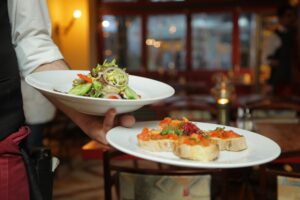

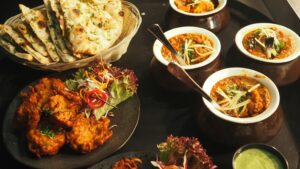


7. Language & Basic Interaction The official language is Portuguese. English is widely spoken in tourist areas, hotels, and major cities. Learning a few basic Portuguese phrases will be greatly appreciated:
- Olá (Hello)
- Obrigado/Obrigada (Thank you – male/female speaker)
- Por favor (Please)
- Sim/Não (Yes/No)
- Desculpe (Excuse me/Sorry)
- Bom dia/Boa tarde/Boa noite (Good morning/afternoon/evening)
- A conta, por favor (The bill, please)
8. Customs & Etiquette Portuguese people are generally warm and hospitable.
- Greetings: A handshake is common for introductions. Closer friends might greet with a kiss on each cheek.
- Dining: Tipping is appreciated but not mandatory (5-10% is common for good service). Bread, olives, and cheese are often placed on tables as couvert; you’ll be charged if you eat them.
- Punctuality: Generally relaxed, but try to be on time for appointments.
- Dress: Casual and comfortable is fine, but dress respectfully when visiting churches or religious sites.
9. Activities & Sightseeing
- Lisbon: Explore historic neighborhoods like Alfama and Bairro Alto, ride Tram 28, visit Belém Tower and Jerónimos Monastery (UNESCO sites), enjoy Fado music.
- Porto: Wander the Ribeira district, take a Douro River cruise, visit Port wine cellars in Vila Nova de Gaia, and see the Livraria Lello.
- Sintra: Discover fairytale palaces like Pena Palace and Quinta da Regaleira (day trip from Lisbon).
- Algarve: Relax on stunning beaches, explore sea caves (e.g., Benagil), or try surfing.
- Douro Valley: Wine tastings at quintas (wine estates) and scenic river cruises.
- Evora: UNESCO World Heritage city with Roman Temple and Chapel of Bones.
10. Local Events & Festivals Portugal has a vibrant festival calendar:
- Carnaval (February/March): Lively parades and celebrations nationwide.
- Holy Week (March/April): Religious processions.
- Festa de Santo António (June 13, Lisbon): Street parties, parades, and grilled sardines.
- Festa de São João (June 23-24, Porto): Bonfires, music, and festivities.
- Madeira Flower Festival (April/May): Stunning floral displays.
- Wine Harvest Festivals (September/October): Especially in the Douro Valley.
11. Local Transportation & Navigation
- Cities: Lisbon and Porto have excellent public transport (metro, trams, buses). Purchase a rechargeable Viva Viagem card in Lisbon or an Andante card in Porto for easy use. Taxis, Uber, and Bolt are widely available.
- Inter-city: Trains (CP – Comboios de Portugal) are efficient. Buses (e.g., Rede Expressos) connect almost all towns.
- Car Rental: Recommended for exploring rural areas like the Alentejo or parts of the Algarve. Roads are generally good, but historic town centers can have narrow streets and limited parking.
12. Connectivity
- Wi-Fi: Widely available in hotels, restaurants, and cafes. Many cities offer free public Wi-Fi.
- SIM Cards: Easily purchased at airports or phone stores (e.g., MEO, Vodafone, NOS). Affordable data packages are available, allowing you to stay connected and use navigation apps.
13. Safety & Emergency Assistance Portugal is generally very safe.
- Petty Crime: Pickpocketing is common in crowded tourist areas and on public transport, especially in Lisbon and Porto. Be vigilant, secure valuables, and avoid flashing expensive items.
- Emergency Number: 112 (for police, ambulance, fire).
- Drug Decriminalization: While drugs are decriminalized, selling is still illegal. Avoid engaging in drug transactions.
- Personal Safety: Trust your instincts. Avoid isolated areas at night. Solo female travelers should take standard precautions.
14. Health & Wellness On-the-Go
- Pharmacies: Easily recognizable by a green cross sign. Pharmacists can offer advice for minor ailments.
- Water: Tap water is safe to drink throughout the country.
- Sun Protection: Portugal gets a lot of sunshine; protect yourself from the sun, especially during summer.
- Heat: Be mindful of high temperatures in summer, stay hydrated, and seek shade during the hottest parts of the day.
15. Accessibility Portugal is making strides in accessibility, but older areas and historic sites can be challenging due to cobbled streets, hills, and lack of ramps. Newer infrastructure (airports, modern public transport, large hotels) is generally more accessible. Research specific venues and transportation options beforehand if accessibility is a concern.
16. Tailored Travel Styles (Solo, Family, Adventure)
- Solo Travelers: Portugal is very safe and welcoming, with many hostels and opportunities to meet other travelers.
- Family Travel: Many cities have family-friendly attractions, and coastal areas offer great beach holidays. Consider vacation rentals for more space.
- Adventure Travel: Surfing (Nazaré for big waves, Algarve for smaller), hiking (Gerês National Park, Rota Vicentina), cycling, and water sports are popular. The Azores and Madeira are excellent for nature and adventure.
17. Sustainable & Responsible Travel
- Respect Local Culture: Learn a few Portuguese phrases, dress appropriately at religious sites, and be mindful of noise levels in residential areas.
- Support Local Businesses: Choose local restaurants, shops, and tour operators.
- Reduce Waste: Use a reusable water bottle, minimize plastic, and dispose of waste properly.
- Conserve Resources: Be mindful of water and energy usage, especially in drier regions.
- Public Transport: Utilize public transportation to reduce your carbon footprint.
18. Connecting with Others
- Locals: Portuguese people are generally friendly and open. A smile and a few Portuguese words can go a long way.
- Fellow Travelers: Hostels, co-working spaces, and organized tours are great places to meet other tourists.
19. Deeper Learning & Enrichment
- History: Explore Portugal’s rich history, from Roman ruins to Moorish influences, and its Age of Discoveries.
- Culture: Attend a Fado performance, visit museums, or take a cooking class.
- Workshops: Consider workshops on ceramics, tile painting, or traditional crafts.
- Reading: Read books about Portuguese history or literature (e.g., by Fernando Pessoa or José Saramago) before or during your trip.
20. Travel Entertainment
- Podcasts/Audiobooks: Download Portugal-themed podcasts or audiobooks for long journeys.
- Music: Create a playlist of Fado or other Portuguese music.
- Journaling: Document your experiences in a travel journal.
- Photography: Portugal offers endless photo opportunities, from colorful cities to dramatic coastlines.
Enjoy your trip to Portugal – a country that promises to charm and delight every traveler!


